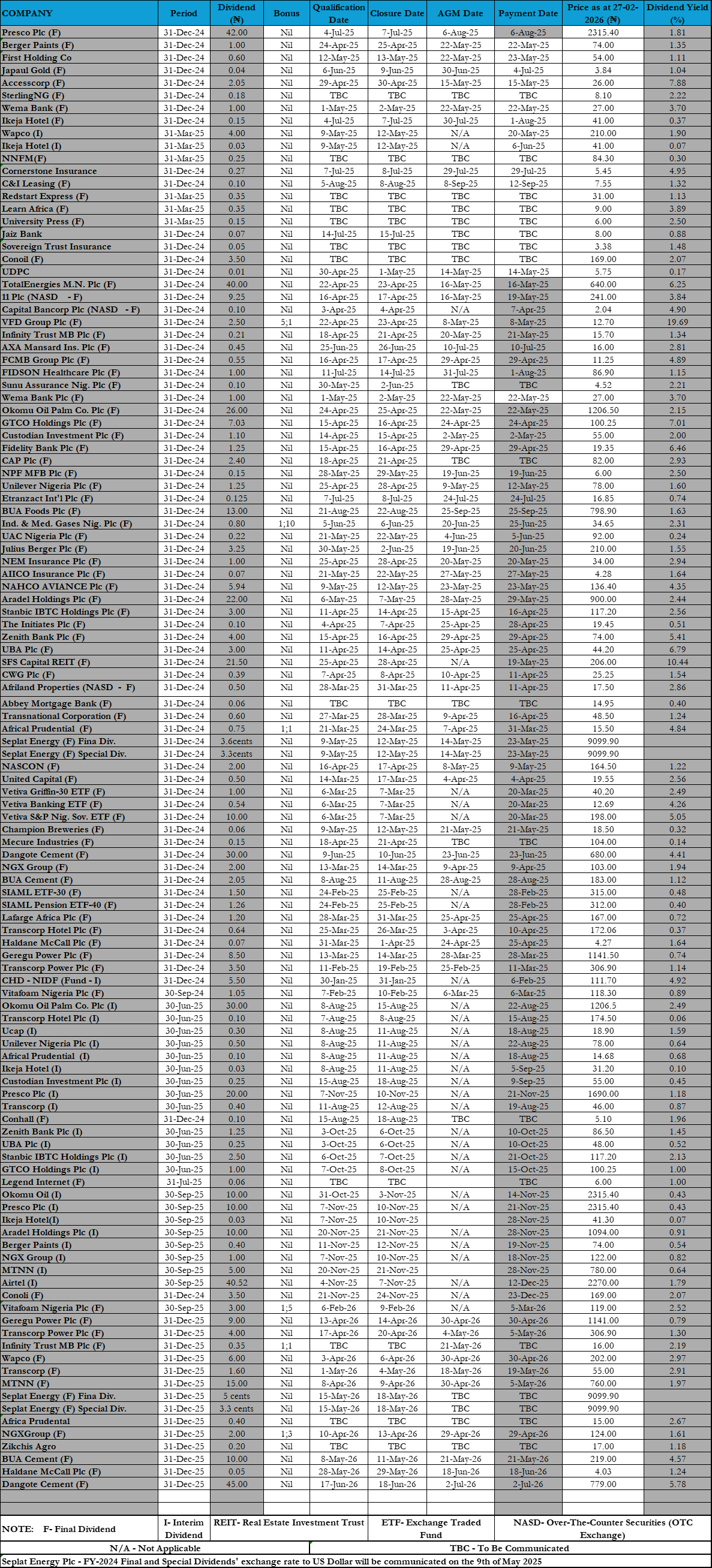Notwithstanding the increase in its cost of sales and operating expenses arising from the heightening input costs and devaluation of the Naira for a company that is heavy on import of critical raw materials and the nation’s tough macro-economic environment, among others, the board of Nestle Nigeria Plc, on Thursday expressed optimism about the long-term sustainability of its business.
A summary of corporate actions that followd the release of its 2016 audited result to the Nigerian Stock Exchange (NSE), signed by Bode Ayeku, the company secretary and legal adviser, said following from this optimism, “the company will continue to increase investment in the key brands and route-to-market activities, while proactively managing input costs pressures.”
According to the result released also on Thursday, sales revenue for the period under review rose to N181.91bn (the bulk of which was generated from Nigeria), up N30.639bn from the N151.271bn recorded in 2015, as cost of sales rose by N22.658bn or 26.99% to N106.583bn from N83.925bn; resulting in a gross profit of N75.327bn, up from N67.345bn.
Marketing and distribution expenses increased from N25.904bn to N28.775bn; administrative expenses from N7.693bn to N8.338bn, bringing total operating expenses to N143.697bn from N117.524bn; leaving operating profit at N38.213bn, as against the previous N33.747bn, an increase of about 13%.
The rise in operating profit, the statement added, “was made possible through internal cost saving initiatives, operating efficiency and pricing management.”
The performance was impacted severely by the N15.996bn or 328.59% rise in finance cost from N4.868bn in 2015 to N20.864bn that arose from interest expense on financial liabilities of N4.577bn (up from N3.109bn) and net foreign exchange loss of N16.286bn as against the previous N1.758bn. Finance income (being interest on bank deposits) stood at N4.199bn, which rose from the previous N443.805m, resulting in a net finance cost of N16.664bn, compared to N4.424bn in the corresponding full year of 2015.
Profit before tax at N21.548bn represented a 27% decline from previous year’s N29.322bn, and as if that was not bad enough, net profit took a N15.812bn drop from N23.736bn to N7.924bn, owing to the equally significant rise in income tax expense from N5.585bn in 2015 to N13.523bn, an increase of N8.038bn or 143.92%.
“The profit after tax has been negatively impacted both by the revaluation of foreign loans resulting from the devaluation of the Naira and higher income tax provisions due to the expiration of the pioneer status,” Ayeku further added.











